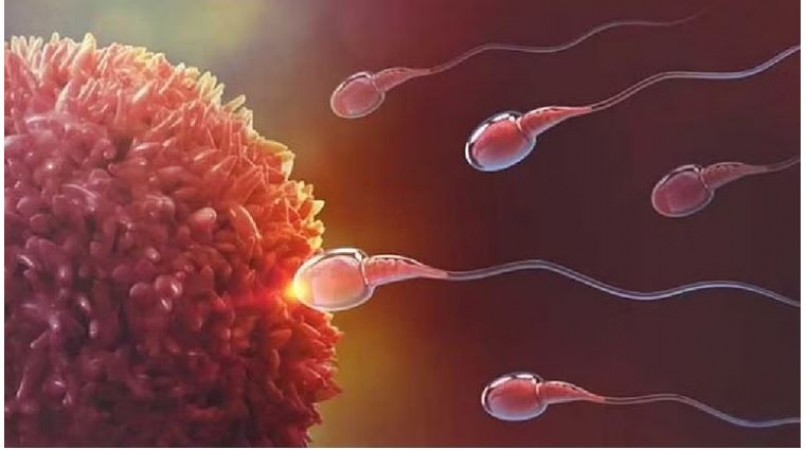
HYDERABAD : Centre for Cellular and Molecular Biology (CCMB) Researchers have identified 8 novel genes in human male fertility and the mutations in these genes that cause infertility among men in India.
For the past 20 years, Dr. K. Thangaraj's team at the CSIR-Centre for Cellular and Molecular Biology (CCMB), Hyderabad, has been doing research to identify the genetic origins of male infertility. We discovered a total of eight previously unknown genes (BRDT, CETN1, CATSPERD, GMCL1, SPATA6, TSSK4, TSKS, and ZNF318) that have a role in male fertility in humans.
Dr. Thangaraj, main researcher of this study and current head of the DBT-Centre for DNA Fingerprinting and Diagnostics, Hyderabad, said that "We have identified changes (mutations) in these genes that cause decreased sperm production resulting to male infertility."
They have previously demonstrated that 38% of males who experience infertility have certain areas missing, Y chromosome abnormalities, or changes in their mitochondrial and autosomal genes. They have discovered 8 novel genes that were malfunctioning in these guys in India in their latest multi-institutional study, which focuses on the reason of infertility in the remaining instances, which make up the majority of men who are infertile. Recent online publication of the paper in the journal Human Molecular Genetics.
Dr. Sudhakar Digumarthi, the study's lead author and a former PhD student at the CCMB who is now a researcher at the ICMR-National Institute for Research in Reproductive and Child Health in Mumbai, explained that they first used next-generation sequencing to sequence all the essential regions of every gene (about 30,000 of them) in 47 well-characterized infertile men. They subsequently confirmed the genetic alterations found in roughly 1,500 infertile males from various regions of India.
In order to comprehend how a mutation in Centrin 1 (CETN1), one of the eight genes, influences sperm production, researchers have characterised the mutation. They used cellular models to demonstrate the effects of the CETN1 mutation and discovered that the mutation stops cell division, which results in insufficient sperm production.
"This study should serve as a warning to society that issues with men account for 50% of cases of infertility. And a lot of them are brought on by genes inherited from these men's parents, frequently their moms. It is wrong to assume a couple cannot bear children because of only the woman's fertility," said Dr Thangaraj.
According to CCMB Director Dr. Vinay Kumar Nandicoori, "The genetic reasons discovered in this study could be exploited as prospective diagnostic indicators for male infertility, and development of improved therapeutic options for male infertility."
Infertility affects roughly one in seven couples globally. Most of these cases (about 50%) involve male infertility. Male reproductive system flaws, poor-quality semen, and hormonal imbalance are all examples of cases. Male infertility can be brought on by trauma, infections, chronic illnesses, lifestyle choices, hereditary factors, and more. But the specifics of how these factors affect fertility are still a mystery to academics.
The study's participating institutions include the All India Institute of Medical Sciences, New Delhi, the CSIR-Central Drug Research Institute, Lucknow, the Institute of Reproductive Medicine, Kolkata, the Indian Institute of Science Education and Research (IISER), Berhampur, the Heinrich-Heine-Universitat, Germany, and the Jawaharlal Nehru Centre for Advanced Scientific Research (JNCASR), Bangalore.